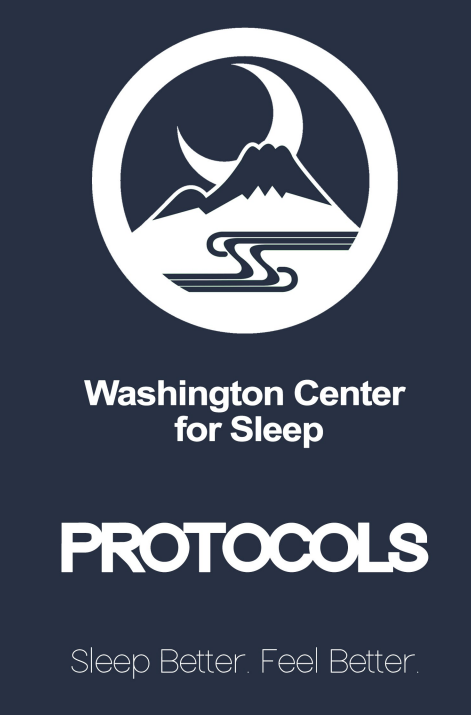GET THE RESOURCES YOU NEED TO SLEEP BETTER
All in one place
Maximize the Benefits of Your Oral Sleep Appliance
Get the most out of your oral appliance therapy with this easy-to-follow eBook. Inside, you’ll find:
Step-by-step instructions for safely adjusting your sleep appliance
Tips to prevent bite changes and maintain healthy jaw alignment
Simple tongue and orofacial exercises proven to support better sleep apnea treatment outcomes
Evidence-based strategies to improve sleep quality and reduce snoring
Whether you’re wondering when to adjust your device, how to keep your bite stable, or looking for ways to sleep deeper and wake up more refreshed, this guide has everything you need.
👉 Download the eBook today and start optimizing your sleep therapy.
Easily Track Your Sleep with Your Phone or Smart Device
Want a simple way to understand how well you’re sleeping? You can easily monitor your sleep patterns using a smartphone app, a smartwatch, or a sleep tracking ring. These devices give you valuable insights into:
How long you’re actually sleeping
Sleep stages, including light, deep, and REM sleep
Sleep quality trends over time
Resting heart rate and oxygen levels (on some devices)
How your lifestyle habits—like exercise, stress, or late-night screen time—impact your sleep
Many patients love using Apple Watch, Fitbit, Garmin, WHOOP, or Oura Ring to see their nightly data and identify patterns that might be affecting their energy levels. Even basic sleep tracking apps on your phone can give you a better idea of how consistently you’re sleeping.
While these devices aren’t as precise as a medical sleep study, they’re a great everyday tool for tracking progress, especially when you’re starting sleep apnea treatment or working on improving your overall sleep health.
👉 Tip: Share your sleep data with us during your follow-up visits. It can help us fine-tune your oral appliance therapy and give you even better results.
Recommended Sleep Tracking Apps
If you’d like to start tracking your sleep and snoring right away, here are two easy-to-use apps we recommend:
SnoreLab
SnoreLab is a simple app that records your snoring and shows you when it’s happening the most. It can help you:
Measure how loud and frequent your snoring is
See how lifestyle changes or treatments affect your snoring
Share recordings with your provider for better evaluation
AutoSleep (Apple Watch users only)
AutoSleep automatically tracks your sleep every night using your Apple Watch. It shows you:
Total sleep time and sleep stages
Sleep quality scores and trends
Heart rate and recovery metrics overnight
Strengthen Your Airway with Myofunctional Therapy
Did you know that simple daily exercises for your tongue, lips, and throat can help reduce snoring and improve sleep apnea? This is called myofunctional therapy—and it works by strengthening the muscles that keep your airway open while you sleep.
A great way to get started is with the SnoreGym app, which guides you through easy, science-backed exercises to:
Tone and strengthen your tongue, soft palate, and throat muscles
Improve nasal breathing and tongue posture
Support better results from oral appliance therapy
The exercises take just a few minutes a day and can make a noticeable difference over time.
👉 Download SnoreGym here and start building a healthier airway today!
Not Sure Which Sleep Tracker to Buy?
With so many smartwatches, rings, and fitness trackers claiming to monitor your sleep, it can be hard to know which one is actually accurate.
If you’re curious which device is worth your money—or want to see how your wearable compares to a real medical-grade sleep study—check out The Quantified Scientist’s YouTube channel. He reviews popular devices like the Oura Ring, WHOOP, Apple Watch, Garmin, and Fitbit, putting them head-to-head with professional sleep lab equipment.
Whether you’re looking to buy your first sleep tracker or already have one and want to understand how reliable it is, his videos are a great resource for honest, science-based comparisons.
Want the Best Science-Backed Tips for Better Sleep?
If you’re looking for expert advice on how to optimize your sleep naturally, I highly recommend the Huberman Lab Podcast hosted by Dr. Andrew Huberman, a neuroscientist at Stanford University.
He dives deep into science-backed strategies for:
Improving your sleep quality and falling asleep faster
Regulating your circadian rhythm
Using light, temperature, and behavior to enhance deep sleep
Understanding how nutrition, exercise, and stress impact sleep
The episodes on sleep are packed with practical tips you can start using right away, and they’re a great complement to any sleep apnea treatment.
👉 Listen to the Huberman Lab Podcast on Sleep
Whether you want to get more restorative sleep, feel more alert during the day, or simply learn how your brain and body work while you sleep, this podcast is one of the best resources available.




